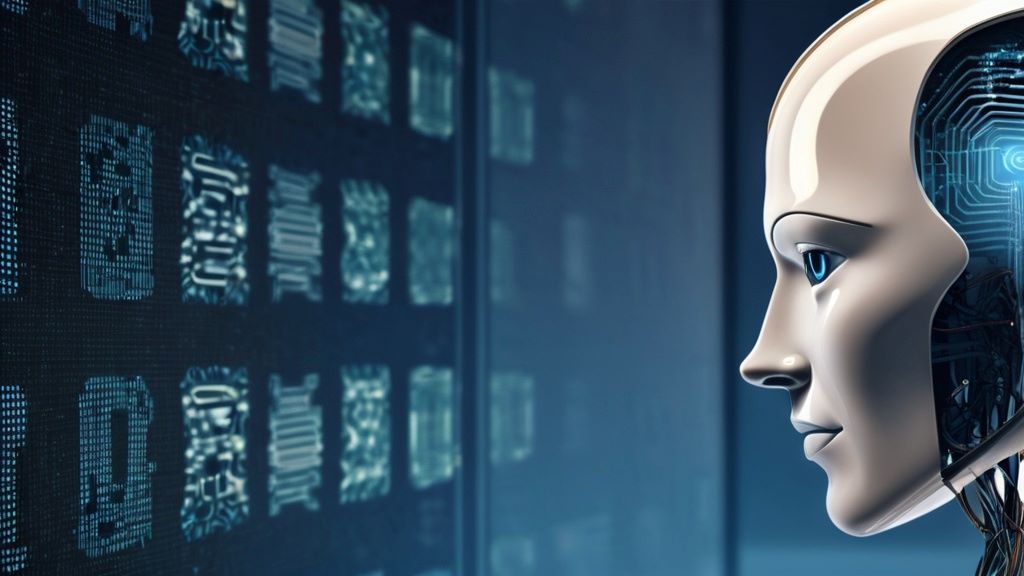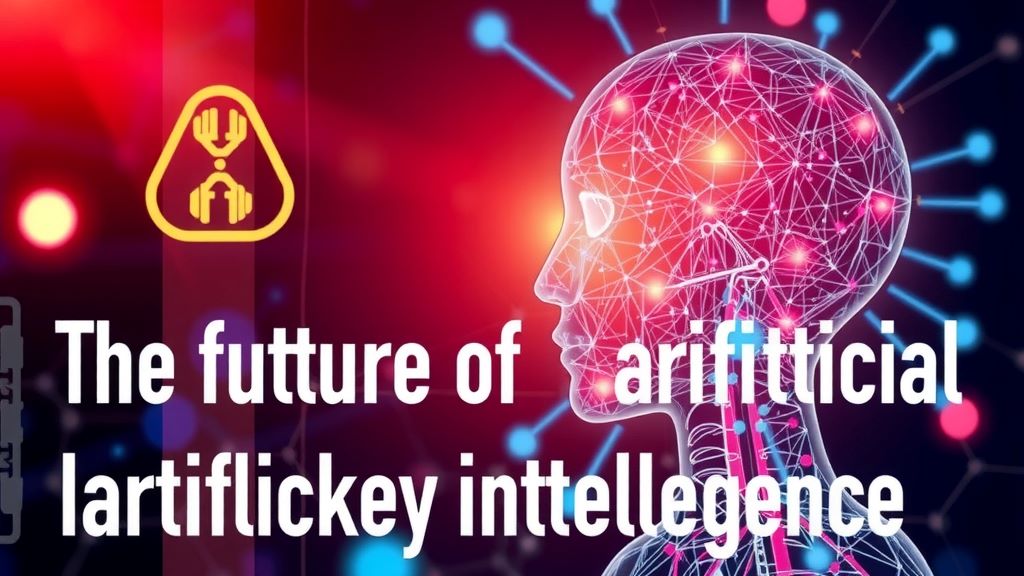The evolution of Artificial Intelligence (AI) has rapidly transformed from a theoretical concept into a driving force behind technological innovation and societal change. From self-driving cars to virtual assistants, AI has made significant strides in various sectors, revolutionizing how we live and work. This article explores the evolution of artificial intelligence, highlighting its history, advancements, applications, and the challenges it faces.

The Early Days of Evolution of Artificial Intelligence
The concept of Evolution of Artificial Intelligence can be traced back to ancient myths and stories about artificial beings endowed with intelligence. However, the formal study of AI began in the mid-20th century. In 1956, the Dartmouth Conference marked a significant turning point for AI, bringing together researchers like John McCarthy, Marvin Minsky, and Allen Newell to discuss the potential of creating machines that could simulate human intelligence.
During the early years, AI research focused on symbolic reasoning and problem-solving. Programs like the Logic Theorist and General Problem Solver demonstrated the ability to solve complex mathematical problems and logic puzzles. However, these early attempts were limited by the computational power available at the time and the complexity of human thought processes.
The Rise of Machine Learning
In the 1980s and 1990s, AI research experienced a resurgence, largely due to advancements in machine learning (ML). Machine learning is a subset of AI that enables systems to learn from data and improve their performance over time without being explicitly programmed. This shift in focus allowed researchers to develop algorithms that could analyze vast amounts of data, identify patterns, and make predictions.
One of the most significant breakthroughs in machine learning was the development of neural networks, inspired by the structure and functioning of the human brain. These networks consist of interconnected nodes (neurons) that process information and learn from examples. The introduction of deep learning—a more advanced form of neural networks—has propelled AI to new heights, enabling machines to perform complex tasks like image and speech recognition with remarkable accuracy.
Recent Advancements in AI
The past decade has witnessed unprecedented advancements in Evolution of Artificial Intelligence, driven by the availability of big data, increased computing power, and sophisticated algorithms. Some notable developments include:
- Natural Language Processing (NLP): AI systems can now understand and generate human language, leading to significant improvements in applications like chatbots, language translation, and virtual assistants. Technologies like OpenAI’s GPT-3 demonstrate the ability to generate coherent and contextually relevant text, revolutionizing content creation and communication.
- Computer Vision: AI has made significant strides in interpreting visual information, enabling machines to recognize objects, faces, and even emotions. Applications range from facial recognition in security systems to advanced diagnostic tools in healthcare that analyze medical images for abnormalities.
- Autonomous Systems: Self-driving cars, drones, and robots are prime examples of AI-driven autonomous systems. Companies like Tesla, Waymo, and Amazon are actively developing technologies that leverage AI to navigate and operate in complex environments without human intervention.
- AI in Healthcare: The healthcare industry has embraced AI for various applications, including drug discovery, personalized medicine, and patient care. AI algorithms can analyze vast amounts of medical data to identify patterns and predict disease outbreaks, significantly improving diagnosis and treatment outcomes.
- AI in Finance: Financial institutions use AI for risk assessment, fraud detection, and algorithmic trading. AI-driven systems can analyze market trends and execute trades at lightning speed, enabling better investment decisions.
Applications of AI Across Industries
Artificial intelligence is making waves in numerous industries, transforming how businesses operate and enhancing customer experiences. Some notable applications include:
- Retail: AI-driven recommendation systems analyze customer behavior and preferences to suggest products, improving sales and customer satisfaction. Retailers also use AI for inventory management, optimizing supply chains, and personalizing marketing campaigns.
- Manufacturing: AI-powered robots and automation systems increase efficiency and reduce costs in manufacturing processes. Predictive maintenance, enabled by AI, allows companies to anticipate equipment failures and minimize downtime.
- Transportation: AI plays a critical role in optimizing logistics and supply chain management. Companies use AI algorithms to analyze traffic patterns, improve route planning, and reduce fuel consumption.
- Education: AI is reshaping education by providing personalized learning experiences. Intelligent tutoring systems adapt to individual student needs, offering tailored resources and support to enhance learning outcomes.
- Entertainment: Streaming platforms like Netflix and Spotify use AI algorithms to analyze user preferences and provide personalized content recommendations, enhancing user engagement.
Challenges and Ethical Considerations
Despite its numerous benefits, the rapid advancement of artificial intelligence poses several challenges and ethical concerns:
- Bias and Fairness: AI systems can inadvertently perpetuate biases present in the training data. If not addressed, this can lead to unfair treatment and discrimination in areas such as hiring, lending, and law enforcement.
- Privacy Concerns: The collection and analysis of vast amounts of personal data raise significant privacy concerns. Users must grapple with the balance between enjoying personalized services and protecting their data from misuse.
- Job Displacement: The automation of tasks traditionally performed by humans raises concerns about job displacement and economic inequality. As AI continues to evolve, there is a need to reskill the workforce and create new job opportunities.
- Accountability: As AI systems become more autonomous, determining accountability for their actions becomes increasingly complex. Establishing clear guidelines and regulations is essential to ensure responsible AI deployment.
The Future of Artificial Intelligence
The future of evolution of Artificial Intelligence is both exciting and uncertain. Continued advancements in AI technology will likely lead to even more innovative applications and solutions across various sectors. However, it is essential to address the ethical considerations and challenges associated with AI to ensure its responsible and beneficial use.
Collaboration between governments, industry leaders, and researchers will be crucial in shaping the future of AI. By establishing ethical guidelines, investing in education and training, and fostering transparency, we can harness the potential of evolution of Artificial Intelligence to improve lives while mitigating its risks.
Conclusion
The evolution of artificial intelligence has transformed the technological landscape and continues to shape our future. From its early days of theoretical exploration to the cutting-edge applications we see today, AI has the potential to revolutionize industries and improve everyday life. By understanding its history, advancements, and challenges, we can navigate the complex world of AI and ensure its responsible use for the benefit of all.
For more information about artificial intelligence and its impact, consider exploring resources from the AI Now Institute and the Partnership on AI.



